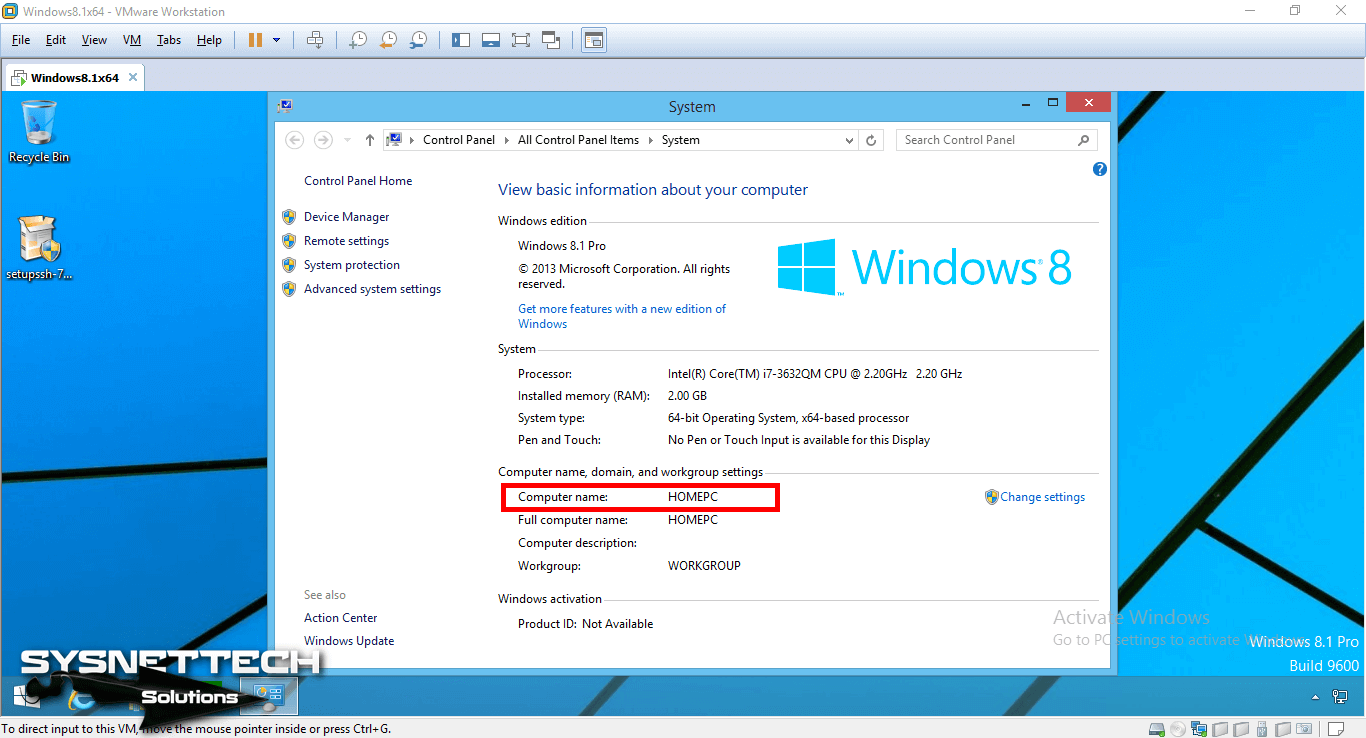
Disabling RPC services completely 5.13.2. General cleartext password paranoia 5.12. Making chrooted environments automatically 5.11. Disabling users from publishing web contents 5.8.2. Bind configuration to avoid misuse 5.7.2. Providing secure access to mailboxes 5.6.3. Securing printing access (the lpd and lprng issue) 5.6. Securing access to the X Window System 5.4.1. Restricing access to file transfer only 5.2. Securing services running on your system 5.1. Do not use software depending on svgalib 5. Securing the network on boot-time 4.18.4. Configuring kernel network features 4.18.2. The ext2 filesystem specific attributes ( chattr/ lsattr) 4.17.3. Kernel patch protection for buffer overflows 4.15.2. Protecting against buffer overflows 4.15.1.

Configuring where alerts are sent 4.13.3. The importance of logs and alerts 4.13.1. Limiting what users can see/access 4.11.20. Disallow remote administrative access 4.11.15. Restricting ftp: editing /etc/ftpusers 4.11.12. User login actions: edit /etc/pam.d/login 4.11.11. User login actions: edit /etc/fs 4.11.10. Limiting resource usage: the nf file 4.11.9. Configuration for undefined PAM applications 4.11.8. Mounting partitions the right way 4.10.1. Restricting the use of the Magic SysRq key 4.10.

Restricting system reboots through the console 4.9. Disable root prompt on the initramfs 4.6.

Subscribe to the Debian Security Announce mailing list 4.2. Read the Debian security mailing lists 4. Install the minimum amount of software required 3.6.1. Run the minimum number of services required 3.5.1. Do not plug to the Internet until ready 3.4. Selecting the appropriate file systems 3.3. Choose an intelligent partition scheme 3.2.2. Be aware of general security problems 2.3. Things that need to be written (FIXME/TODO) 1.6. Where to get the manual (and available formats) 1.3.


 0 kommentar(er)
0 kommentar(er)
